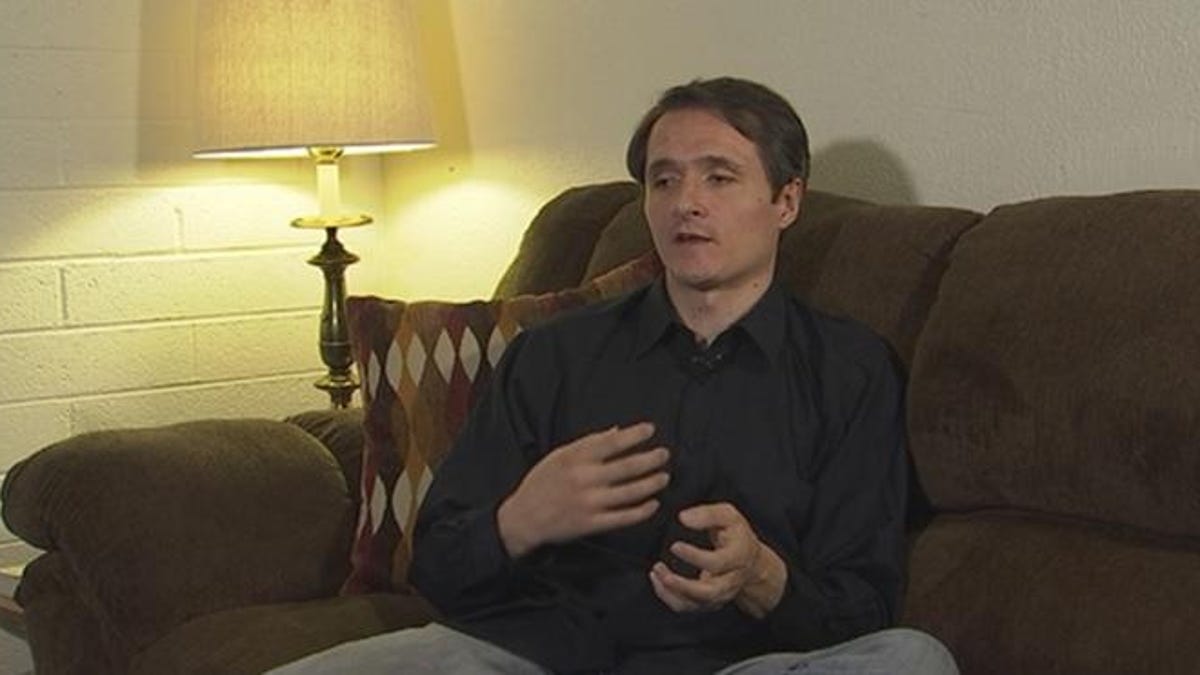Infamous fake-news writer Paul Horner dies at 38
Horner's hoaxes were often repeated by political figures and news outlets that failed to fact-check his claims.

Paul Horner, who published fake news during the 2016 election, has died at 38.
Paul Horner, a leading peddler of fake news and internet hoaxes during the 2016 election, has died at the age of 38.
Horner was discovered dead in his bed on Sept. 18, Maricopa County Sheriff's Office spokesman Mark Casey said in a statement Wednesday. Casey said evidence found at the scene southwest of Phoenix suggested Horner died of an accidental overdose.
Horner was known as one of the biggest publishers of fake news and internet hoaxes, creating many stories that went viral and fooled thousands on Facebook. His hoaxes were often repeated by political figures and news outlets that failed to fact-check his claims.
For example, President Donald Trump's son Eric and his former campaign manager Corey Lewandowski tweeted a link to a Horner fake news article about a Trump protester getting paid $3,500.
Facebook users landing on one of Horner's stories would have read made-up accounts that the Amish were backing Trump and that Obama had banned the national anthem at all sporting events.
In the election's aftermath, Silicon Valley companies grappled with their influence and role in the spread of misinformation.
Facebook CEO Mark Zuckerberg, who at first downplayed the impact his social network may have had on the rise of fake news, has now embraced those concerns and is working to address them. Those efforts include cooperating with news organizations to identify false reports and shutting down advertising access to accounts that repeatedly spread it.
Horner, who had more than 10 fake news websites with official-sounding domain names like CNN.co.de and Microsoftsite.com, took credit for Trump being elected president.
"My sites were picked up by Trump supporters all the time," Horner told The Washington Post in 2016. "I think Trump is in the White House because of me. His followers don't fact-check anything -- they'll post everything, believe anything."
Even as the term "fake news" gained national attention, Horner was profiting from his hoaxes. He told The Washington Post after the 2016 election that he made $10,000 a month from AdSense, Google's ad-placement network.
The Arizona Republic reported that Horner was arrested in Chandler, Arizona, in 2011 in possession of more than $15,000 worth of drugs, including ketamine, heroin, diazepam, oxycodone and Prozac.
Toxicology results are still pending.
Special Reports: All of CNET's most in-depth features in one easy spot.
It's Complicated: This is dating in the age of apps. Having fun yet? These stories get to the heart of the matter.

